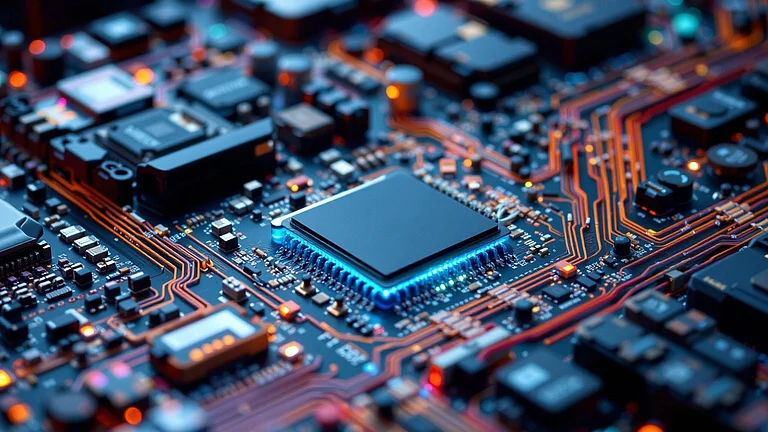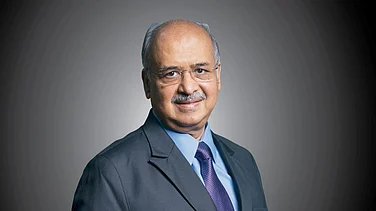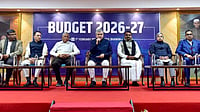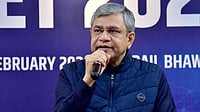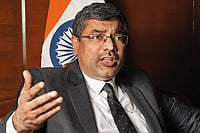
PM Modi inaugurated India Semicon 2025, highlighting India’s push to build a full semiconductor ecosystem
He said India will soon not just design chips but also emerge as a major global market
Modi also noted that 30–40 countries participated, reflecting global trust in India’s role in semiconductors
As India builds its complete semiconductor ecosystem, Prime Minister Narendra Modi, at the inauguration of India Semicon 2025, said the day is not far when the country will not only design but also emerge as a major market for the global semiconductor industry.
“The participation of 30–40 countries at Semicon, along with the energy of our youth and the spirit of innovation, shows that the world trusts India and is ready to shape the future of semiconductors with us,” said PM Modi.
Prime Minister Modi said that while oil shaped the global economy in the last century, in this century, power lies in the small semiconductor chip.
He assured that as the global semiconductor market heads towards becoming a $1 trillion economy, India will secure a significant share of it.
PM Modi noted that around $18 billion has been invested across 10 semiconductor plants, and lauded the single-window clearance system, which has reduced the time from ‘files to factories’ and helped attract more global investors to India’s semiconductor industry.
Prime Minister Narendra Modi was joined at the inauguration of Semicon India 2025 by Union Minister Ashwini Vaishnaw (Ministry of Electronics & Information Technology), Delhi Chief Minister Rekha Gupta, Odisha Chief Minister Mohan Charan Majhi, Minister of State for Electronics and IT Jitin Prasada, as well as CEOs of global semiconductor companies and international investors.
At the session, Union Minister Ashwini Vaishnaw urged global investors to look to India, noting that even as global policies shift in turbulent times, India is emerging as a leader.
“Invest in India because our policies are capable and forward-looking. We have made significant progress in energy efficiency, moved from power electronics to physical electronics, and even advanced into automobile sales. Importantly, all our decisions are backed by strong partnerships,” he said.
Vaishnaw also highlighted that the demand and talent pool in India is strong.
“Electronics production in India has grown six times in the last decade, while exports have grown eight times. Today, we have 278 universities engaged. Already, 60,000 engineering students have participated in e-learning programs, contributing more than 13 billion learning hours,” Vaishnaw said.
He also informed that 17 student teams have even designed and taped out chips and these chips were made possible by the talent being nurtured through these initiatives.
SEMICON India 2025, being held from September 2–4 at Yashobhoomi (India International Convention Centre), New Delhi, brings together industry leaders, innovators, academia, government, and start-ups to foster collaboration and drive advancements across the entire microelectronics ecosystem.










